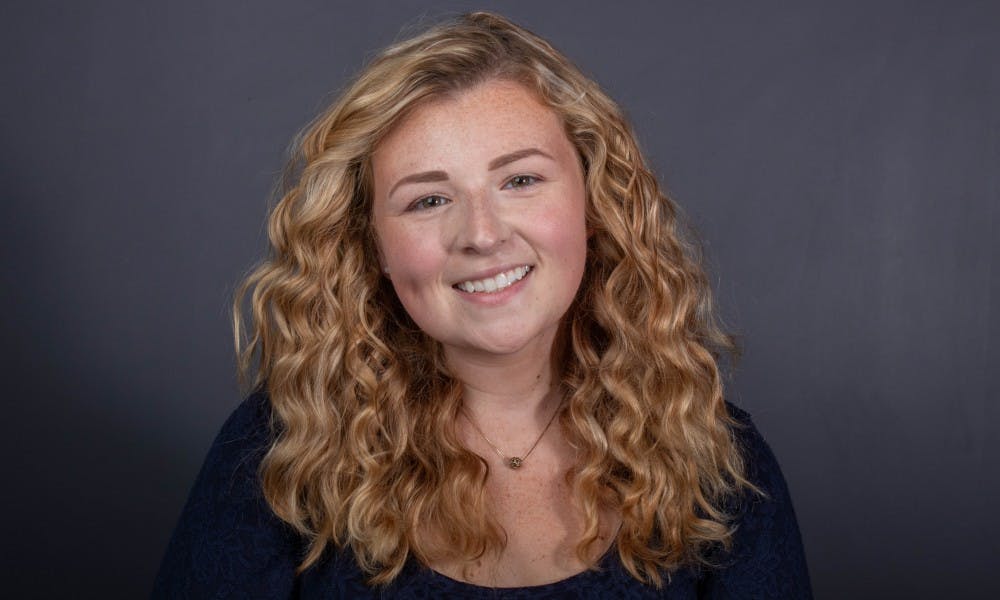
What you should know about me: I’m a middle-class, white, straight, cisgender, able-bodied woman.

What you should know about me: I’m a middle-class, white, straight, cisgender, able-bodied woman.
But I care about intersectionality a lot. Everyone should.
I know it comes from a place of privilege to choose to care about intersectionality. Before I took the time to educate myself, I never needed to consider that other women face different obstacles than I do based on things they can’t control.
I also know as a white woman, other white women might give me more credence than if a black and/or LGBTQ+ peer were to write this. I hope they hear me and the other voices who deserve to be heard.
Intersectionality is a way to protect people, especially women of color, from being excluded from the narrative. The narrative all too often tells the story of a cisgender white man, and if you’re lucky, maybe a white woman too.
Thirty years ago, Kimberlé Williams Crenshaw, a professor of law and civil rights at UCLA, wrote a paper where she first coined the term intersectionality in reference to how black women experience both racism and sexism differently than black men or white women. In today’s framework, intersectionality also considers someone’s class, sexuality, gender identity or ability, but Crenshaw originally addressed race and gender.
I was nervous to write this because I try to spend my time listening rather than speaking “on behalf of”. But I realized I was expecting a marginalized person to write this, unjustly asking black and LGBTQ+ people to be a social justice reference book. So I did the work myself, which is what I urge you — white person reading this — to do. Yes, it is imperative to have conversations about race and gender, but don’t go into that conversation asking things you really should have Googled. Your privilege is showing.
If you take anything away from this, let it be to listen to women — women of color especially. Also, white person reading this, it’s okay to feel uncomfortable when talking about race or gender issues. It’s not okay to avoid those conversations. But going back to what I said about listening, you should be listening more in those conversations. We’ve been controlling the conversation for far too long.
We have a lot of work to do to be truly inclusive in this country. We give too many platforms to hate groups, and that takes away opportunities to hear the voices of young black girls. Or a transgender man or woman’s voice. Or someone who is non-binary.
It’s easy to “other” marginalized groups of people. Grouping together all of these individuals only to largely ignore them belittles their unique lives. That’s why we have intersectionality. It adds context, nuance and complexity, and calls attention to the gaps in law and society. It doesn’t, however, mean it’s so complex that we can’t change, understand and empathize.
A recent acknowledgement of intersectionality’s importance was the Women’s March being moved from Lansing to Detroit in order to better accommodate women of color. Detroit has faced a history of — and still faces — systemic racism, classism and gentrification. True feminism includes all voices, and it speaks volumes for intersectionality to move the march to a city where it will be far more accessible for women of color to attend.
The decision to move the march shouldn’t be considered a “statement” either.
It really should just be the norm.
Support student media! Please consider donating to The State News and help fund the future of journalism.